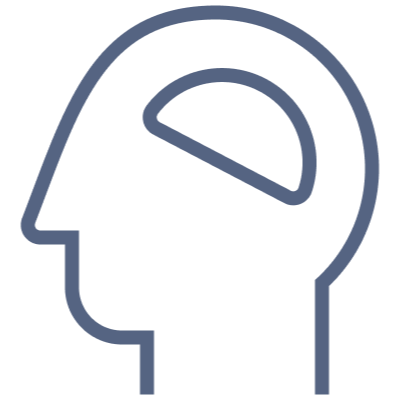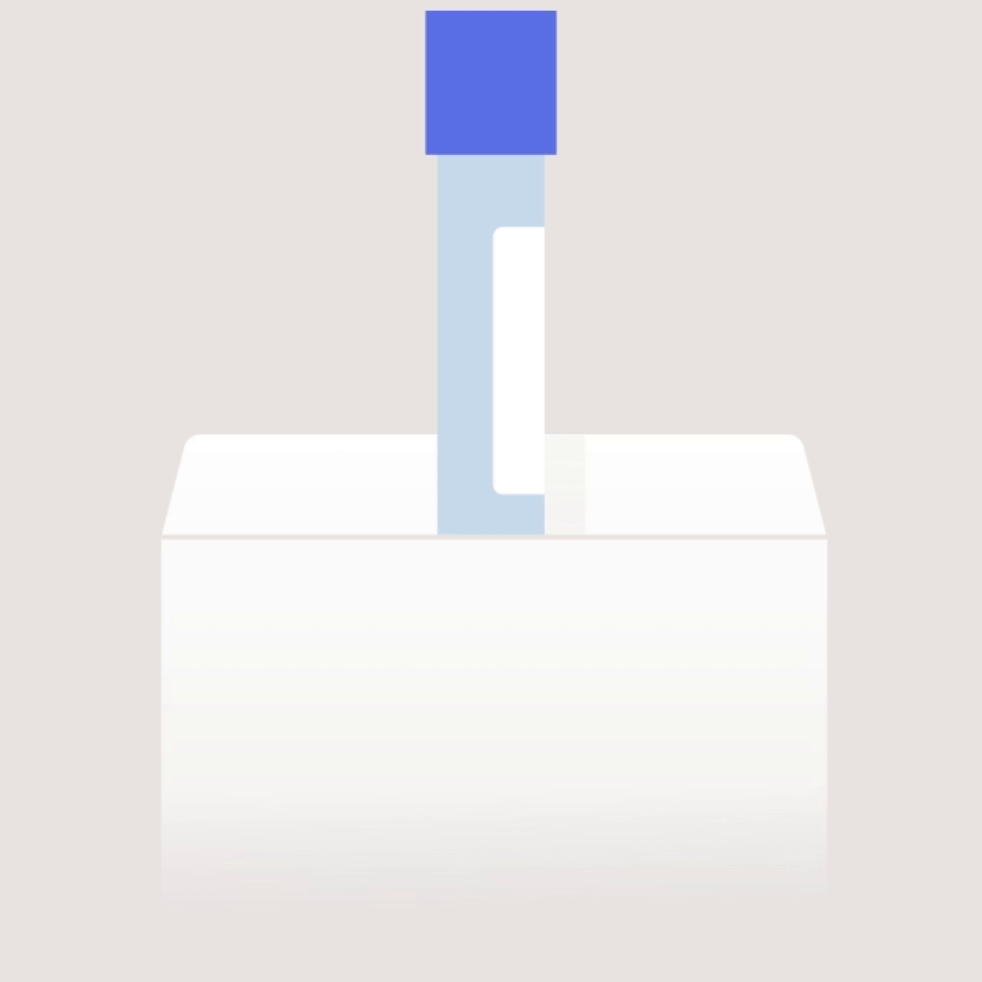Collection Method
CI05.38.01
Kit Requirements
Dried Urine strips
Turn Around Time
12-15 Business Days Turnaround times are estimates
Description
Insomnia is a common sleep disorder which can lead to serious health conditions if not treated. People who have insomnia have trouble falling asleep, staying asleep, or both. As a result, they may get too little sleep or have poor-quality sleep.
Utilising such a tool for identifying possible insomnia disorders will look at a complete diurnal pattern of melatonin and cortisol to help patients struggling with hormone-related sleep imbalances.
Adequate sleep has long been known to be vital to good health. Melatonin, a hormone produced by the pineal gland during the dark phase of the light/dark cycle, regulates the sleep/wake cycle and the “biological clock”.
This is how it is all pictured together. Cortisol, a hormone produced by the adrenal glands in response to stress, is also known for its diurnal variation linked to the sleep/wake cycle. It has the opposite pattern to melatonin production in a healthy individual. While melatonin rises at night to peak during the early hours of the morning, cortisol is at its lowest levels throughout the night. After waking, melatonin production dips with the onset of daylight and cortisol rises and peaks about 30 minutes to 1 hour after rising. Cortisol production falls gradually during the day, while melatonin begins to rise during the evening as daylight diminishes, and the cycle repeats itself. When the cortisol pattern is disrupted, for example as a result of excessive stressors, this can lead to high night cortisol, disrupted sleeping patterns, and exposure to more night time light, which in turn leads to lowered levels of melatonin.
Analytes
- Creatinine (x4)
- Free Cortisol x 4
- Free Cortisone x 4
- Melatonin(6-hydroxymelatoninsulfate)x 4
Test Method
LCMS/MS/MS (Liquid chromatography mass spectrometry)
Common Conditions
 Other Health Conditions
Other Health Conditions- Can’t get to sleep or stay asleep
- High stress and irritability
- Increased hunger / cravings
- Morning or evening fatigue
 Mental and Emotional Health
Mental and Emotional Health- Feeling “tired but wired”
- Poor concentration and/or impaired performance
Notice To Patients
NutriPATH practices in the usual practitioner-referral system for pathology laboratories. Patients are highly recommended to seek the supervision and guidance of a qualified healthcare practitioner for the interpretation of any lab results and associated information. NutriPATH can offer assistance in locating a suitable practitioner.
How it works
Step 1
Order test
Your referring practitioner will place this order via their online portal.

Step 2
Collect Samples
A test kit will be dispatched to you and you can conveniently collect your sample in the comfort of your home.

Step 3
Return Samples
Return samples for analysis via the provided courier packaging.

Patient resources
Our highly skilled and qualified team have created a service where patients can easily gain access to a wide range of pathology testing options.
Practitioner resources
As a leader in the industry, practitioners are able to trust in our ability to provide them with the technology they need to adequately test their clients and patients.









